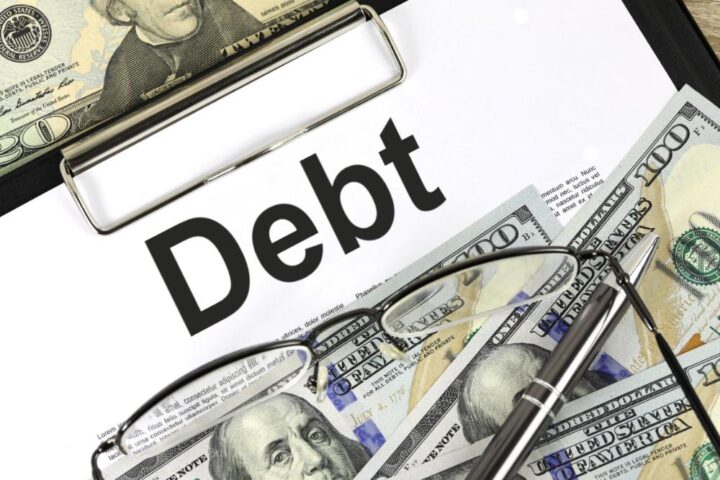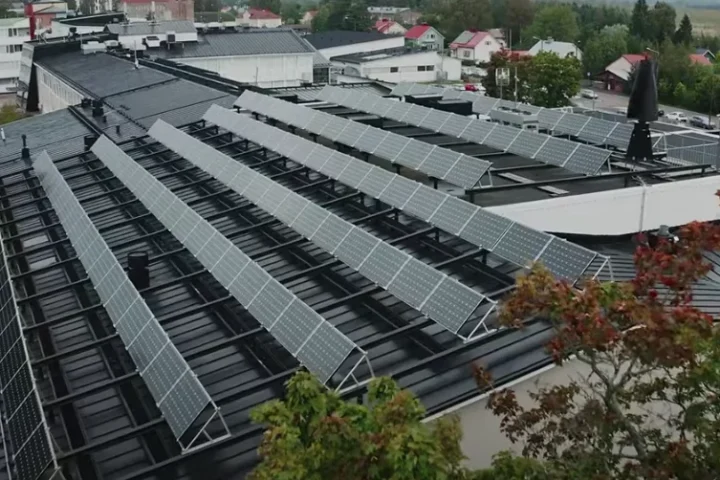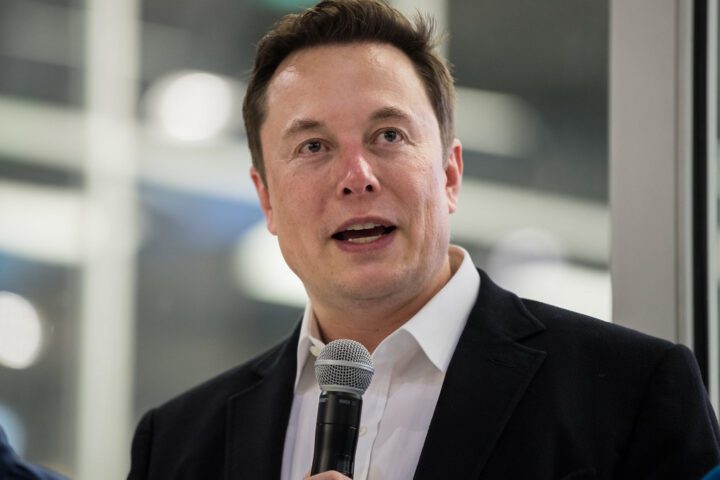Tesla’s struggles in Europe deepened in May 2025, with new car sales falling 27.9% compared to the previous year. This marks the fifth consecutive month of decline for the American EV maker, according to data from the European Automobile Manufacturers Association (ACEA).
The company’s European market share has shrunk to just 1.2%, down from 1.8% in May 2024, while the broader European battery-electric vehicle market grew by 27.2% during the same period.
“The Musk brand damage from his political chapter with Trump is being felt most in Europe with sales remaining very weak,” Wedbush Securities analyst Dan Ives told The Post.
The Numbers Behind Tesla’s Decline
Tesla’s European troubles are particularly pronounced in specific markets:
- EU-wide registrations plunged 40.5% in May 2025
- Portugal saw a staggering 68% drop
- France experienced a 67% decline
- Sweden recorded an 80.7% fall
- Even the UK, traditionally a strong Tesla market, saw year-to-date sales fall by 7.8%
Meanwhile, competitors are gaining ground:
- Chinese state-owned SAIC Motor (including MG Motor) increased registrations by 22.5% in May
- BMW grew by 5.6%
- BYD outsold Tesla in Europe for the first time in April 2025
What’s Behind Tesla’s European Troubles?
Several factors are contributing to Tesla’s European sales slump:
Aging Product Lineup: The Model Y and Model 3, now six years old, face increasing competition from newer, feature-rich alternatives. While Tesla introduced a refreshed Model Y in late May 2025, its impact remains limited.
The Musk Factor: Elon Musk’s political activities have sparked backlash in Europe. His $300 million support for Donald Trump’s re-election and subsequent role in the administration triggered protests at Tesla dealerships across Europe. Though Musk has since left the Trump administration amid what reports call a “bitter online feud” with the president, the brand damage persists.
Chinese Competition: Chinese manufacturers have doubled their market share to 5.9%, selling 65,808 units in May despite EU tariffs. Companies like BYD are winning with:
- Lower prices (BYD’s Dolphin Surf starts at €19,990)
- Broader product lineups including plug-in hybrids
- Features tailored to European preferences (like the BYD Seal’s AWD and towing capacity in Norway)
- Cost advantages from vertical integration
Similar Posts
“Despite the EU’s imposition of tariffs on Chinese electric vehicles, its car brands continue to post strong growth across Europe,” said Felipe Munoz, global analyst at JATO Dynamics. “Their momentum is partly due to their decision to push alternative powertrains, such as plug-in hybrids and full hybrids, to the region.”
Regulatory Shifts: The withdrawal of EV incentives in key markets like Germany and France has hurt Tesla’s price competitiveness.
The Broader EV Market
While Tesla struggles, the European EV market shows strong growth:
- Overall car sales increased 1.6% in May
- EV registrations rose 25% year-over-year
- Electric vehicles accounted for 15.4% of all cars sold in the EU during the first five months of 2025
- Plug-in hybrids and hybrid-electric vehicles saw growth of 15% and 19.8% respectively
- Combined, these vehicles represented 58.9% of EU passenger car registrations in May, up from 48.9% a year earlier
Sigrid de Vries, Director General of ACEA, noted that the 15.4% market share for all-electric cars is “far from what it should be,” adding that “Consumer reluctance is by no means a myth, and we need to incentivize a supportive ecosystem, from charging infrastructure to fiscal incentive, to ensure the uptake of battery-electric models can meaningfully accelerate.”
Financial Impact
Tesla’s European woes are affecting its global financial position:
- Tesla shares fell nearly 5% following the European sales data
- The stock is down more than 18% year-to-date
- First-quarter global sales for 2025 dropped 13% year-over-year
- Net income fell 71% in Q1 2025
- Financial institutions including Argus Research and Baird have downgraded Tesla stock

While Tesla had hoped its refreshed Model Y would reverse the trend, the company now faces an “Everest-like uphill climb” in Europe, as Ives put it.
As Chinese manufacturers continue gaining market share and European consumers weigh their EV options, Tesla’s path to regaining its former position remains unclear. The question now is whether the company can overcome both its aging product lineup and the lingering effects of its CEO’s political activities to recapture European buyers.

















